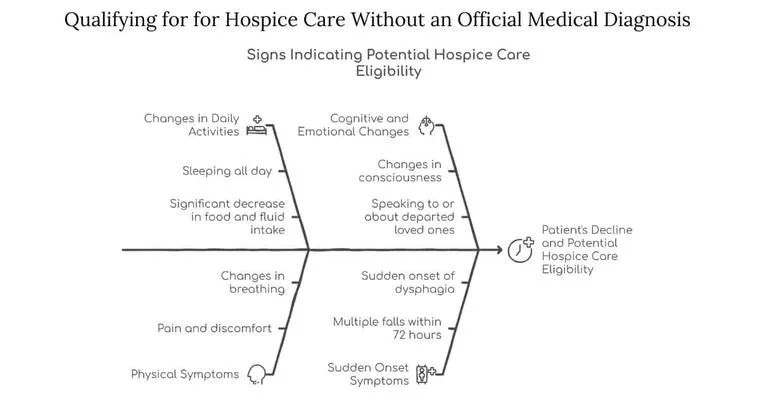When accompanying an elderly parent to a doctor's appointment, it is crucial for a "caregiver" to be well-prepared. The right questions can lead to better "health outcomes", ensure that all concerns are addressed, and provide clarity on treatment plans. As a caregiver, it is your responsibility to advocate for your parent's health while also gathering important information that may impact their well-being. Here are essential questions to ask during the visit.
Understanding the Diagnosis
1. What is the diagnosis, and what does it mean?
Understanding the medical condition is fundamental. Ask the doctor to explain the diagnosis in simple terms.
2. Are there any additional tests needed?
Inquire about further evaluations or tests that may be required to understand the condition better.
3. What caused this condition?
Knowing the underlying causes can help in managing the condition more effectively.
Treatment Options
4. What treatment options are available?
Discuss the various treatment plans and what each entails, including medications, therapy, or lifestyle changes.
5. What are the potential side effects of the prescribed medications?
Understanding side effects is important for monitoring your parent's reactions to any new medications.
6. How long will the treatment last?
Knowing the duration of treatment can help in planning and setting expectations.
Managing Symptoms and Side Effects
7. What symptoms should we monitor?
Ask for a list of symptoms to watch for that may indicate the condition is worsening or that side effects are occurring.
8. How can we manage these symptoms at home?
Seek advice on home remedies or lifestyle changes that can alleviate symptoms and improve quality of life.
Follow-Up Care
9. When should we schedule a follow-up appointment?
Knowing when to return for further evaluation is vital for ongoing care.
10. What should we do if symptoms worsen before the next appointment?
Clarify the steps to take should your parent experience an increase in symptoms or new health issues.
Lifestyle and Support
11. Are there any lifestyle changes you recommend?
Ask for guidance on diet, exercise, and other lifestyle factors that can positively impact your parent's health.
12. What resources are available for support?
Inquire about community resources, support groups, or additional services that can assist both you and your parent.
Communication and Questions
13. How can we best communicate with you or your office?
Establishing effective communication with the healthcare provider is key for ongoing care.
14. Are there any questions we haven't asked that you think are important?
Encourage the doctor to share any additional information that could be beneficial.
Conclusion
As a caregiver, being proactive and asking the right questions during a doctor's visit can significantly impact your elderly parent's "healthcare journey". Prepare a list of questions ahead of time, and don't hesitate to seek clarification on any medical terminology or treatment options that are unclear. By fostering open communication and understanding, you can help ensure that your parent receives the best possible care.





